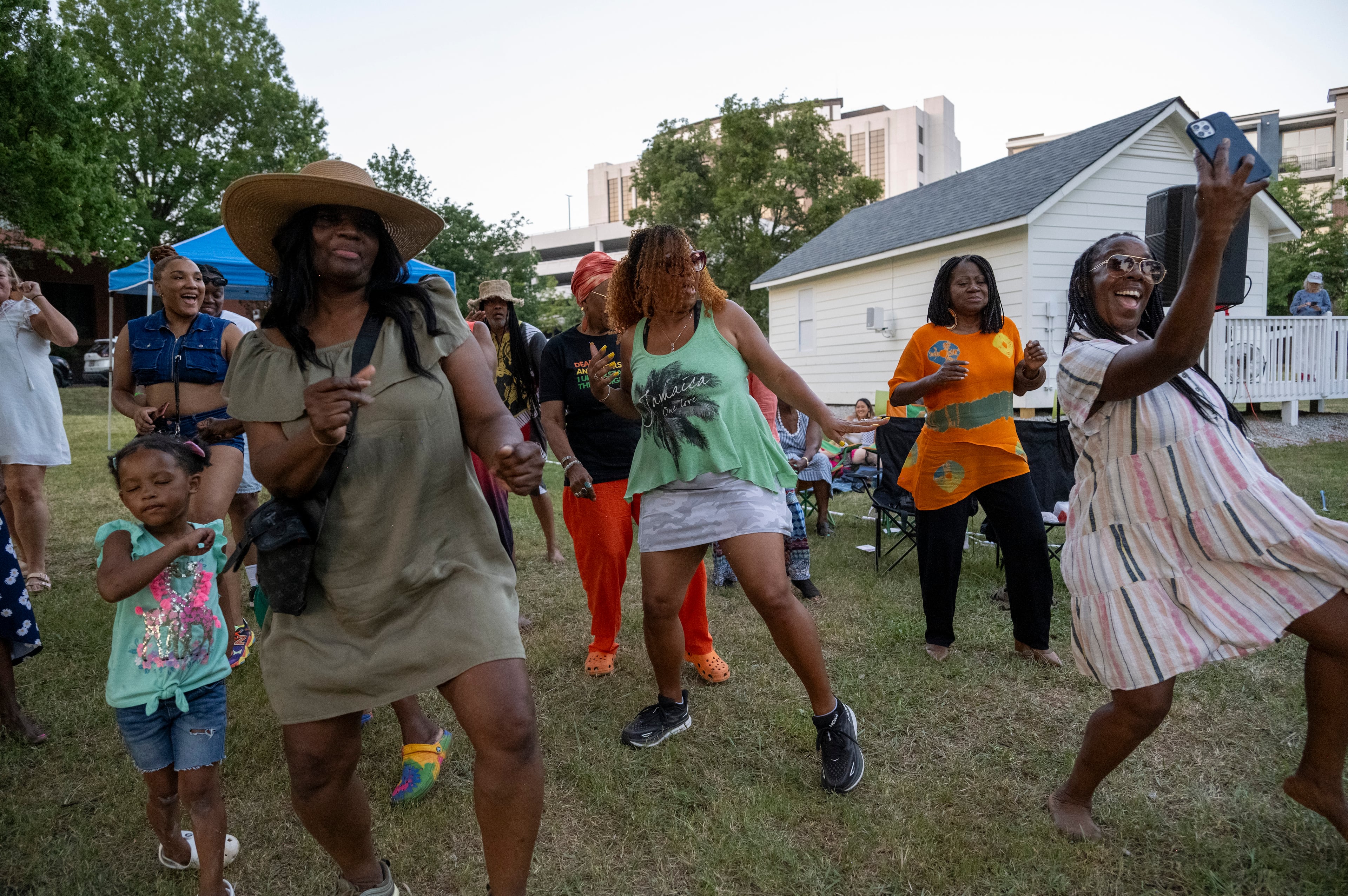OPINION: The endless debate over cars, streets and bikes carries on

Across from Atlanta City Hall on Central Avenue was nearly a block of on-street parking where folks needing to run into that building — or to the nearby Fulton County Courthouse — could do so relatively painlessly.
No longer. The lane is closed off and will be set aside for bike lanes. The Atlanta Bicycle Coalition lobbied hard late last year and city officials listened, as pols will. And for good reason. The bike folks are a vociferous, unrelenting bunch. You don’t want to get on their wrong side.
The bike folks argue it’s about safety and getting more people out of their cars and onto two wheels. The data is a fuzzy on how many people commute by bike but it’s about 1%, perhaps a smidgen more in town.
In essence, it’s the tail wagging the dog.
But that hasn’t stopped that tail from wagging, all across the city.
A city official pointed out that street parking spaces were added on Trinity Street from a converted traffic lane. However, across the street, a lane formerly used for parking is now a bike lane.
There’s an argument that streets should better accommodate all modes of transportation and the term “LIT lanes” (Light Individual Transport) was invented to make it seem like there was a groundswell of transportation advocates. But it’s still pretty much just the bike folks.
That movement has a hold in places like Atlanta and Decatur, where politicians are more likely to react to Tweetstorms. Atlanta is reconfiguring roadways, not just downtown but in neighborhoods across the city, with traffic lanes and parking getting squeezed and disappearing.
The idea is not simply to make room for cyclists. It’s to make it so bad for motorists that they’ll shop for Lycra pants.

In the past month, I’ve gotten calls from people on the west side, as well as from people a few miles to the east. Both areas were losing street parking and worried it would be a big inconvenience .
A man living on United Avenue, east of Grant Park, said he learned in January that parking would disappear on both sides of his street. Protected bike lanes were going in. He went to a meeting, educated neighbors online but asked me not to name him “because these people can get brutal.”
At a neighborhood meeting, he mentioned that guests to his home will have nowhere to park. “Tell them to bike to your house,” a guy at the meeting retorted.
Down the street is a church that will lose a ton of street parking and there’s Kristine Seelye-King. Recently, she had a contractor out to talk about building a driveway. “I’m told I need a permit for a curb cut, a permit for the driveway, a permit for the right-of-way, an architectural survey and have surveyors do a site map,” she said.
Also, she’ll probably need a retaining wall and will be out $10,000.
“I need to bear this expense so I can get access to my own home,” said Seelye-King, whose Nissan pickup bears disabled plates.
The plan is being funded by the state and has been around for years on Atlanta planning documents. However, no one I spoke with ever heard about it until last month.
“The first we knew is when they started striping,” said neighbor Sarah Davis. “There’s a lot of questions and we’re not getting answers.”
Across town, residents in the historic West End were able to parry a similar street-remaking effort.
Last month, a woman named Kay Wallace, a former Atlanta Olympics executive and West End resident of 25 years, called to tell me the city wanted to create a “lateral shift” on Oglethorpe Avenue that would remove parking on one side of the street for a block, then alternate that configuration on the next block. The snaking road would force traffic to slow down.
Of course, bike lanes were involved.

Many if not most of the homeowners must park on the street and, Wallace said, “this would be disruptive to the fabric of our neighborhood.”
At the time, she said neighbors would be meeting with Councilman Jason Dozier in a local home. They were holding the meeting in a home, Wallace told me, “because if we went somewhere else we’ll be inundated with people about cycling. We’re not picking a fight with the bike people. They can shout you down in person or online.”
“There’s a metropolis to metropolis competition about miles of bike lanes and certain kind of streets,” she added. “This was an opportunistic grab.”
Last week, she received an email from her councilman saying, “Community concerns were heard loud and clear and ATLDOT is scrapping the plans for the alternating parking proposal, aka lateral shift.”
Wallace was happy the city listened to the residents in this case. But they are not done. Around the corner on Joseph E. Lowery Blvd, the loss of a traffic lane to accommodate bike lanes has led to long backups when someone wants to turn left on Ralph David Abernathy Blvd, which someone almost always does. The traffic jams are causing motorists to flood down her street.
When talking to a city official about the issue, he summed it up: “No good deed goes unpunished.”



